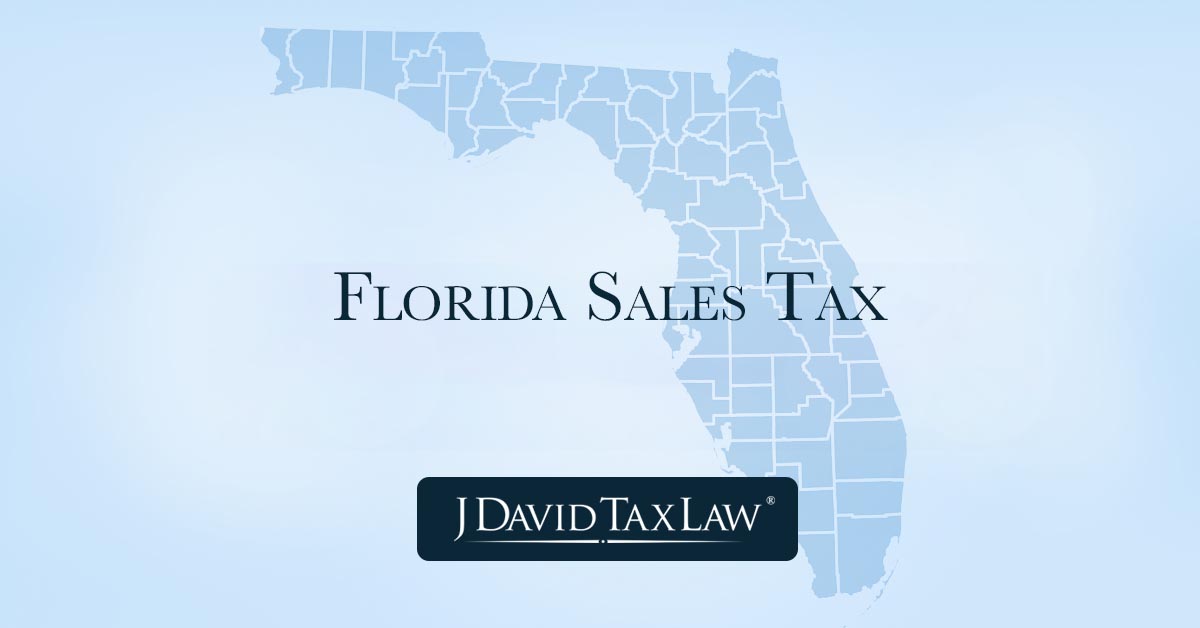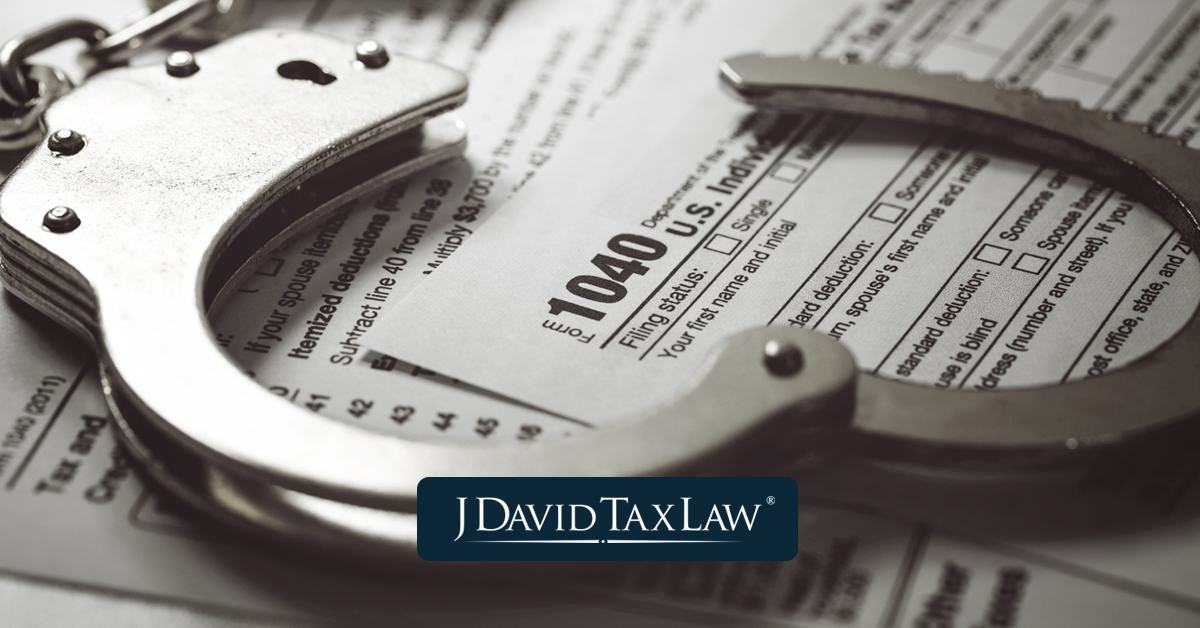Employment Taxes & IRS Trust Fund Recovery Penalty

Employment Taxes & IRS Trust Fund Recovery Penalty
If you are the person responsible for collecting and paying employment taxes, you must read this article.
Every time your employees are paid, it is your responsibility to withhold a percentage of their pay for Medicare and Social Security contributions, which is also known as FICA (Federal Insurance Security Contributions Act), plus income tax withholdings, which is also known as Trust Fund Taxes. All employers are obligated to send these income tax withholdings to the IRS.
If a business doesn’t send the withholdings to the IRS, the IRS will charge a penalty known as the Trust Fund Recovery Penalty. This penalty is one of the most severe penalties enforced by the IRS on a responsible person or party.
Here’s How the Penalty is Calculated by the IRS
The unpaid balance of the trust fund is the basis for how the Trust Fund Recovery Penalty is calculated. The penalty includes the income tax withheld, plus the contributions to Medicare and Social Security (FICA) that were also withheld, and then they apply “the 100 percent penalty.” It is called the 100 percent penalty because the IRS will assess no less than 100 percent of the taxes you owe.
To help illustrate further, your total unpaid income and FICA is $150 after you paid your employee. After applying the 100 percent penalty, you will owe $300 ($150 + $150). Just a few employees might be manageable, but when it happens time and time again, over years and with multiple employees, it can lead to catastrophic consequences for your business.
The IRS Determines Who’s Responsible
According to section §6672 of the Internal Revenue Code, if you are a “person required to collect, account for, and pay over taxes held in a trust, who willfully fails to perform any of these activities,” you could be deemed responsible. The law sites two criteria that are used to determine responsibility. The first criteria would be to identify the person within the business who “had the status, duty, and authority to control the company’s financial affairs.” The person signing the checks usually has the fiduciary responsibility. The second criteria would be to establish if the person acted willfully. The IRS considers it a willful act if you paid other business expenses instead of paying taxes withheld to the IRS.
The IRS is very aggressive when it comes to the collection of Trust Fund Recovery Penalties. Not collecting FICA and income tax results in a monetary loss to the IRS and prevents them from funding federal programs. They also consider it tax evasion.
Not paying the money withheld from your employee’s paychecks is of the most pursued and prosecuted violations within the IRS. When you are charged with a Trust Fund Recovery Penalty, the IRS will eventually take your assets so they can collect the money owed. When you ignore a TFRP violation, the overall consequences will be greater than the penalty. By not addressing this major tax problem, our experience has shown us that it will undoubtedly lead to financial devastation, or worse, Federal prison.
Facing Severe Tax Penalties? Our Tampa Tax Attorneys Can Help
The tax attorneys at J David Tax Law® have represented over 2,100 clients facing Federal criminal prosecution for tax evasion resulting from unpaid Trust Fund Recovery Penalties and/or TFRP assessments from $100,000 to $7.7 million dollars. Do not do an interview with the IRS regarding TFRP violations without a tax attorney. When the IRS is talking to you, they are building a case against you.
Facing severe tax penalties from the IRS for payroll tax violations and/or Trust Fund Recovery Penalties? Contact J David Tax Law® in Tampa, FL today for a no-cost, no-obligation consultation and immediate representation.
Categories
Featured Articles

Meet Jonathan David Sooriash
He is the founder and Managing Partner of J. David Tax Law®. He is the winner of the 2019 Ultimate Tax Attorney awarded by the Jacksonville Business Journal. This award recognizes law firms and attorneys who show exemplary professional talent and skill while demonstrating superior client care, leadership, charitable concern, and civic engagement. Jonathan graduated from Chapman University School of Law. He has practiced law since 2011.










